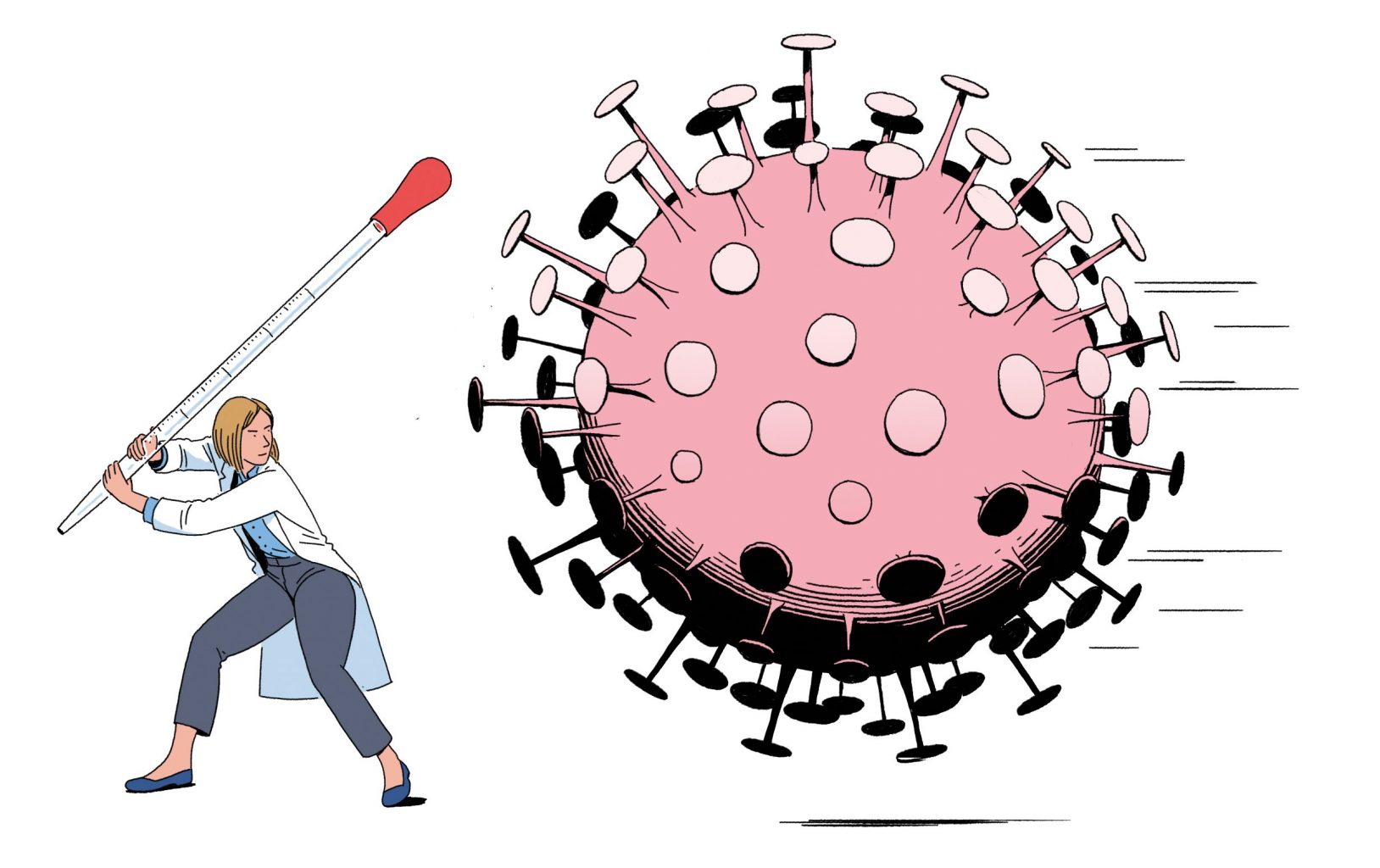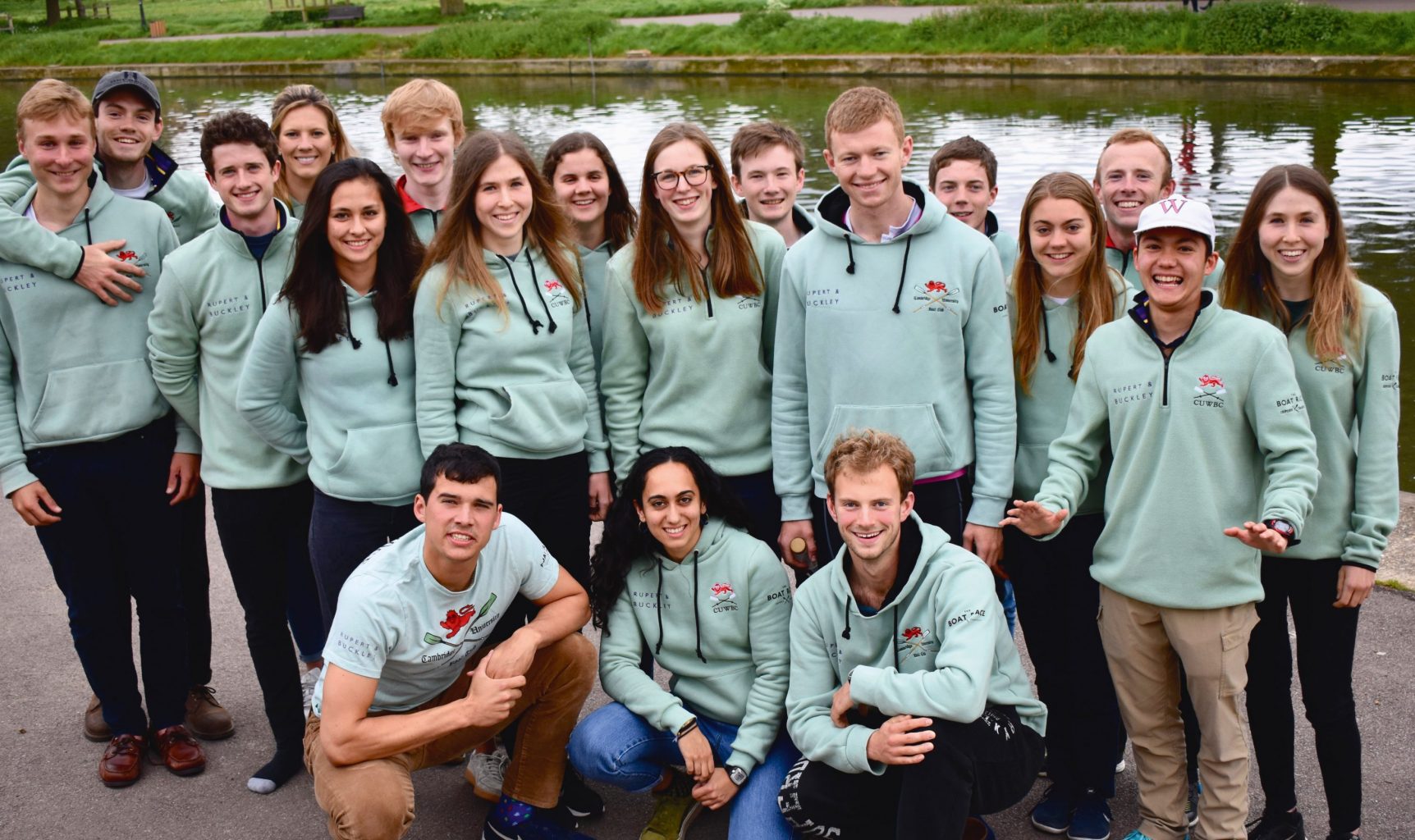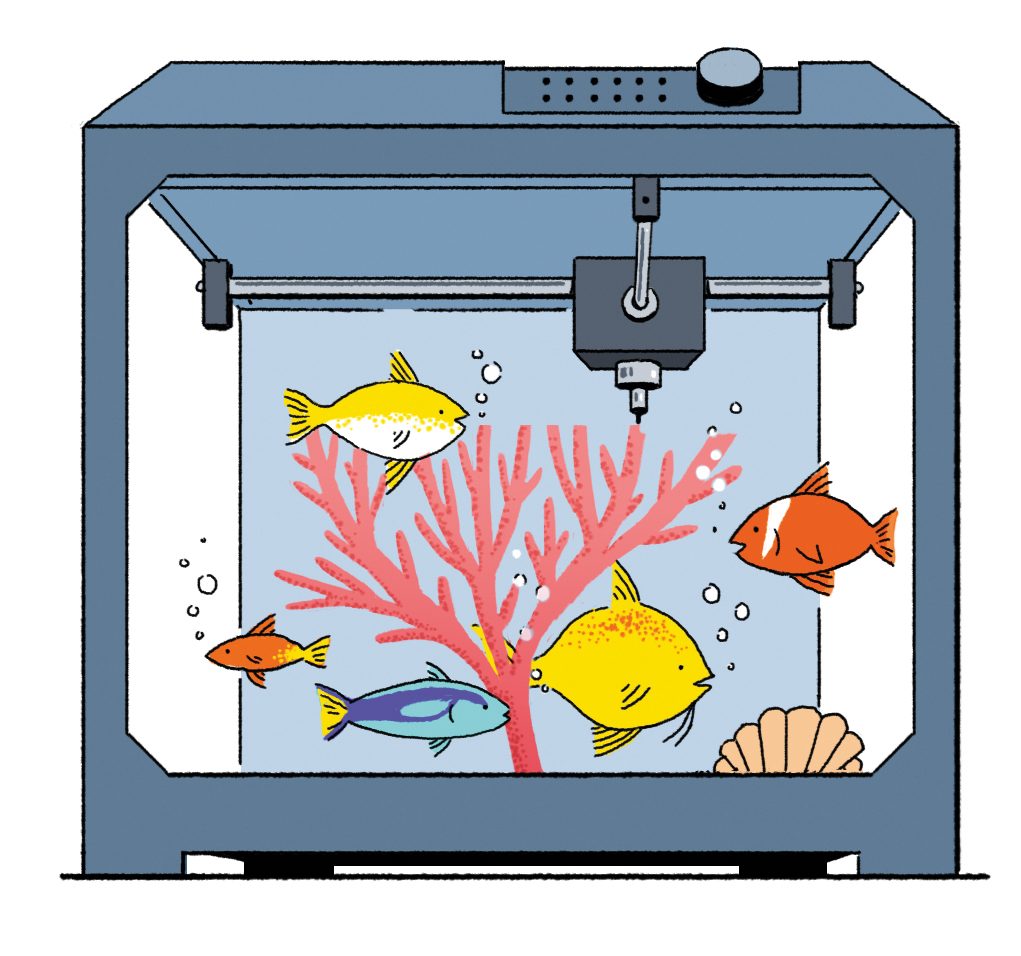Campendium: Easter Term 2020

In Numbers
265 medics graduated early this year as part of the national effort to provide additional medical staff to the NHS.
Research
New Cambridge institute pivots all resources to focus on Covid-19
The Cambridge Institute of Therapeutic Immunology and Infectious Disease (CITIID), which only opened last October, has redirected more than 150 researchers and all of its effort towards tackling Covid-19.
Based on the Biomedical Campus, CITIID is integrated with the NHS, locally, through Cambridge University Hospitals (CUH) NHS Foundation Trust and the Royal Papworth Hospital NHS Foundation Trust, and, nationally, through the National Institute for Health Research (NIHR).
In early April, the Institute opened what is believed to be the largest Containment Level 3 facility at any UK academic institution, vital for work on dangerous pathogens such as Covid-19.
“The state-of-the-art facilities and equipment at CITIID will allow us to do essential work on Covid-19 in a safe environment,” says Professor Gordon Dougan. “Our Institute, on the Biomedical Campus, is perfectly suited to lead Cambridge’s response.”
The Institute has also been instrumental in helping to set up and evaluate point-of-care, rapid diagnostic testing for patients at Addenbrooke’s, as well as developing tests for frontline healthcare workers.
“Organising the logistics for testing has been a huge challenge,” says Professor Paul Lehner, who specialises in immunobiology. “But thanks to a tremendous collaborative effort between CUH and the University, we are now testing frontline healthcare workers as well as people who are off work and in isolation.”
Covid-19 patients at Addenbrooke’s have been recruited for a study that forms part of the Covid-19 BioResource, a collaboration with the NIHR. State-of-the-art analysis of blood and other samples will help the team understand how coronavirus infects humans and causes disease, and how the immune system fights back.
CITIID is taking a leading role in the £20m Covid-19 Genomics UK Consortium, a major national effort to help understand and control the infection. Its researchers are also leading the evaluation of a new rapid diagnostic test for Covid-19, developed by a University spinout company, which is capable of diagnosing the infection in under 90 minutes.
Professor Ken Smith, Director of CITIID said: “Together with our partners in the NHS and NIHR, we aim to identify those patients at greatest risk and understand why the coronavirus makes some people so sick while leaving others with only mild symptoms. Ultimately, we hope this will lead to the development of new treatments against this dreadful disease.”
£20m alliance maps spread of Covid-19
The University of Cambridge is leading a major national effort to help understand and control Covid-19. The Covid-19 Genomics UK Consortium will deliver large-scale, rapid sequencing of the cause of the disease and share intelligence with hospitals, regional NHS centres and the government.

Deconstructed
Three into one as University’s Boat Clubs join forces with one group for all
The University’s boat clubs have voted overwhelmingly to form a single, high-performance rowing club for women, men and lightweight athletes to compete in the Boat Race against Oxford.
The Cambridge University Boat Club (CUBC) is a decisive step in the unification of the three original rowing clubs: CUBC, CUWBC and CULRC. They will also have a new digital home.
The process began with a meeting convened by the Vice-Chancellor, Professor Stephen J Toope, together with senior representatives of the three boat clubs.
“Bringing our talented student athletes, staff and alumni together into a single organisation is a once in a generation opportunity,” says new CUBC Chair elect Annamarie Phelps.

Three-minute Tripos
3D-printed reefs will save the planet. Discuss.
Isn’t everything awful?
Quite a lot of things, yes. But nature is still nice, no?
Oh yes, nature. I must admit, I’ve been noticing how nice things like trees and grass and flowers are.
And white-sand beaches and coral reefs. Pictures of them on my computer screen, anyway.
But aren’t coral reefs filed away in the Folder of the Doomed?
Not so! Researchers from Cambridge and California San Diego have created 3D-printed coral-inspired structures that can grow dense populations of microscopic algae.
Wow. So we 3D-print an entire reef? And stick it in the ocean?
Not quite. The structures won’t replace coral. But they do have lots of applications. The team, led by Dr Daniel Wangpraseurt, a Marie Curie Fellow in the Department of Chemistry, has created Mantaz, a company that uses coral-inspired light-harvesting approaches to cultivate algae for bioproducts in developing countries.
How will that help?
Algae is great at offsetting CO2 emissions, so anything that makes its production more efficient is A Good Thing. Those emissions are ultimately responsible for the coral reefs dying off in the first place.
That’s like a symbiosis thing.
Exactly! Isn’t it apt? In the ocean, corals and algae have an intricate symbiotic relationship. The coral is a host for the algae, while the algae provide sugars to the coral through photosynthesis. This relationship is responsible for one of the most diverse and productive ecosystems on Earth.
I’m off to go and look at coral. Pictures of it, anyway.



